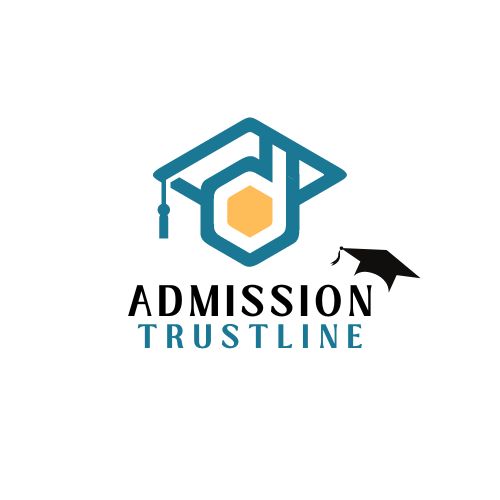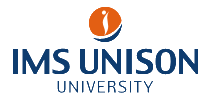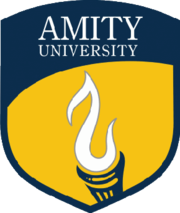What is MA
The Master Of Arts is a 2 years courses where student get to learn in the field of Arts, Humanities and Social Science, and Liberal Arts Subjects Such as languages, Philosophy, Gender studies, History, Geography, and many more. MA offers various specialisations in india. The degree can be pursued as a full-time course, correspondence, or distance mode.
Program Structure of MA
MA programs can cover a wide range of topics, including humanities, social sciences, languages, literature, and different types of arts. Some specializations include: Political Science, English, Hindi, Economics, History, Sociology, Linguistics, International Relations, Social Work, Journalism. Students can enroll in MA courses based on merit or by taking entrance exams like CUET PG, IPU CET, AUAT, or CUSAT CAT.
Specializations
Some MA specializations include:
- Political science: Covers political methodology, political economy, public administration, public policy, comparative politics, Indian political history, international politics, and international relations
- English: A well-known and respected MA specialization
- History: Offers possibilities across a variety of fields, including journalism, archaeology, historical research; academics, historical fiction, restoration of monuments, tourism, and museums
- Explore the core reason to study ahead
- Figure out your interests
- Rule out ones that don’t interest you
- Assess your strengths
- Narrow down the location
- Assess your personality traits
- Look at your past work experience
Some Basic Information About
| Criterion | Description |
| Bachelor’s Degree | Typically required; should be from an accredited institution. Does not necessarily need to be in the same field as the MA program. |
| GPA | Generally, a minimum GPA is required (e.g., 2.5 to 3.5 on a 4.0 scale). |
| Relevant Coursework | Some programs may require specific coursework related to the field of study (e.g., a certain number of literature courses for an MA in English). |
| Standardized Tests | Depending on the program and country, you may need to take the GRE, GMAT, or specific subject tests. |
| Letters of Recommendation | Typically, letters from former professors or employers who can speak to your academic/professional abilities are required. |
| Statement of Purpose | A statement explaining why you want to pursue the degree, your goals, and how the program aligns with them. |
| Writing Sample | May be required in fields like literature or history to demonstrate academic writing skills. |
| Language Proficiency | Required if the program’s language is not your native language; demonstrated through tests like TOEFL or IELTS. |
| Interview | Some programs may require an interview, especially for highly competitive programs or to better understand the applicant. |




![Lovely Professional University - [LPU]](https://admissiontrustline.com/wp-content/uploads/2024/02/Lovely_Professional_University_logo.png)